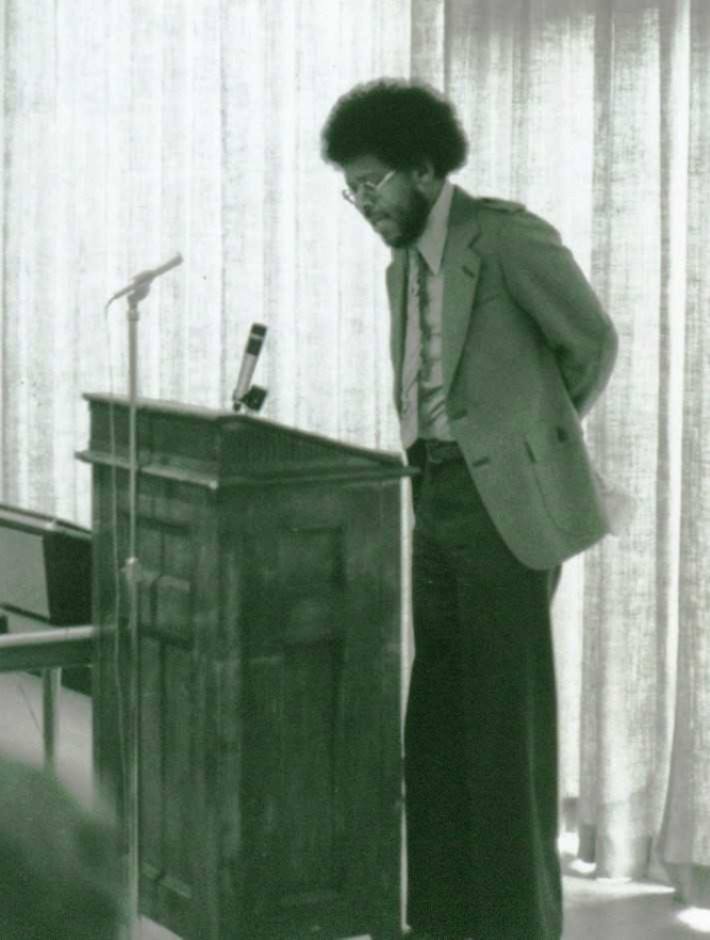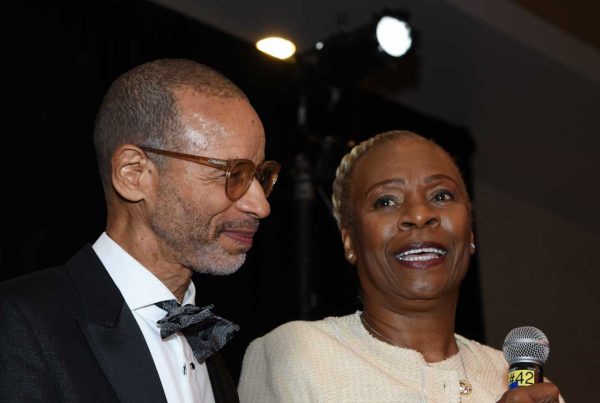Indeed our survival and liberation depend upon our recognition of the truth when it is spoken and lived by the people. If we cannot recognize the truth, then it cannot liberate us from untruth. To know the truth is to appropriate it, for it is not mainly reflection and theory. Truth is divine action entering our lives and creating the human action of liberation.
James Cone, God of the Oppressed

Rev. Dr. James H. Cone, a pioneering theologian who contributed to the origin and ongoing development of Black Theology, died in April of last year. His legacy lives on, however, and his work remains as vital and urgent as ever.
This fall, Christian Theological Seminary is offering a course honoring the theological legacy of James Cone, specifically attending to the origins and development of Black Theology. Black Theology will be studied as both a cultural and theological intervention that was primarily shaped by James Cone.
The course will explore the diverse sources (including but not limited to experience, art, music, and literature) that shaped this theological project as well as explore its impact on what his colloquially been called “The Black Church.” Moreover, the course will engage the ways that Cone and the discipline of Black Theology were in conversation with thinkers, communities, and religious institutions that were committed to the evaluation and transformation of black religious spaces, black politics, and a radical vision for black autonomy and transform. The course will end with an exploration of contemporary critiques and assessment of the black theological project with particular attention given to Cone’s final work, Said I Wasn’t Gonna to Tell Nobody: The Making of a Black Theologian.

T677 – James Cone, Black Theology, and the Remaking of the Black Church will be taught by Dr. Joseph Tucker Edmonds (PhD, Duke) and offered as a weeklong intensive from August 19-23, 2019.
Non-degree students and community members are welcome to audit the course. To register, email the Registrar, Matt Schlimgen, at mschlimgen@cts.edu.
Reading God of the Oppressed during my first year of seminary, I was confronted with the narrowness of experience that I and so much of the tradition had been drawing on for theological reflection. Cone’s insistence that context affects both the questions and the answers to theological inquiry continues to challenge and expand my own theological and ethical imagination.
Nick Buck (CTS Alum ‘15)
PhD Student, Religious Ethics
University of Chicago





